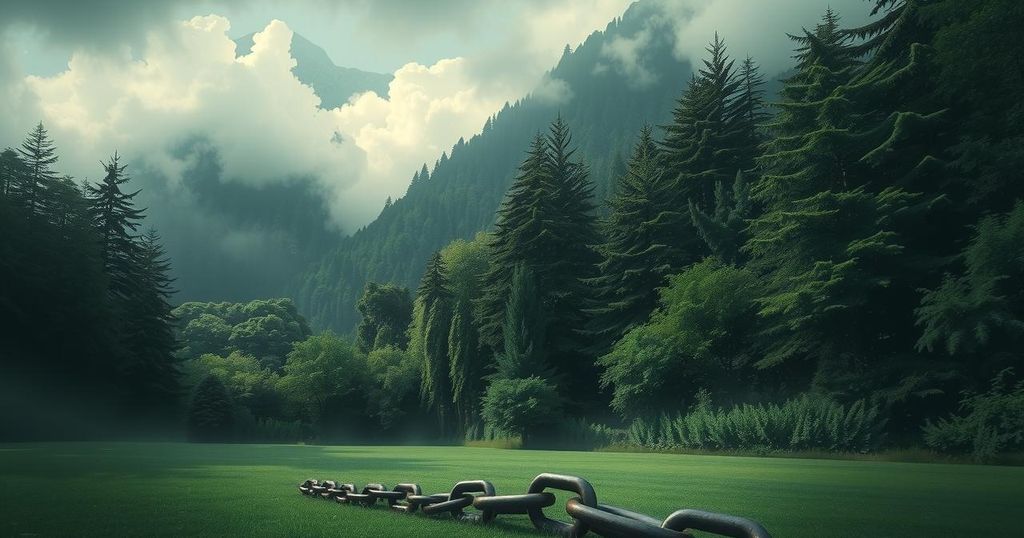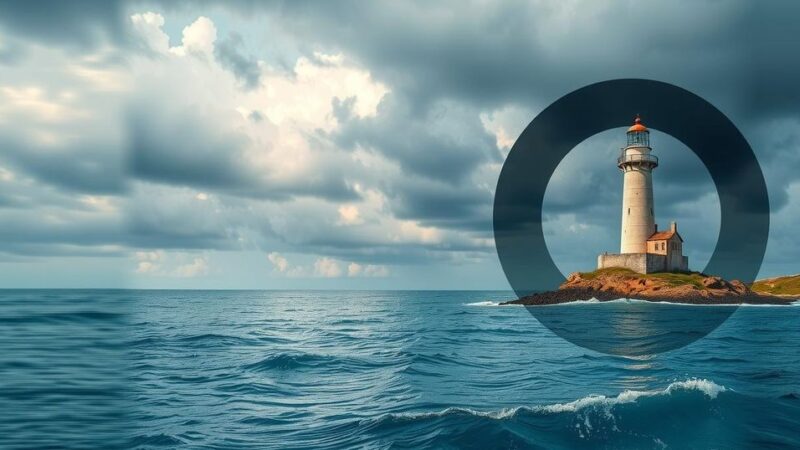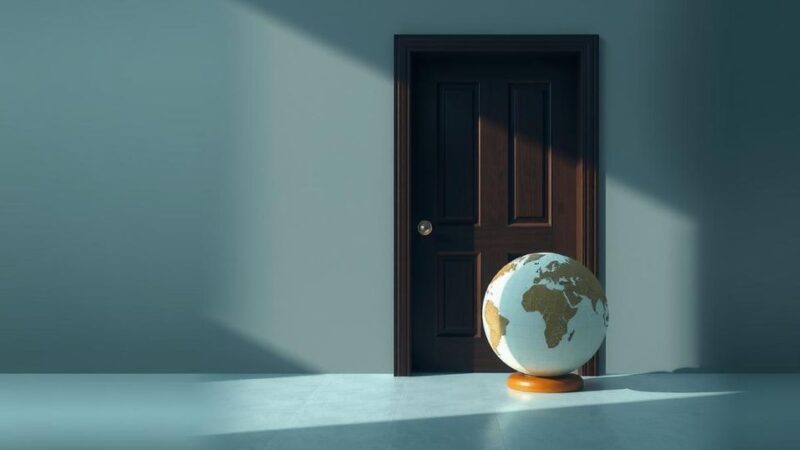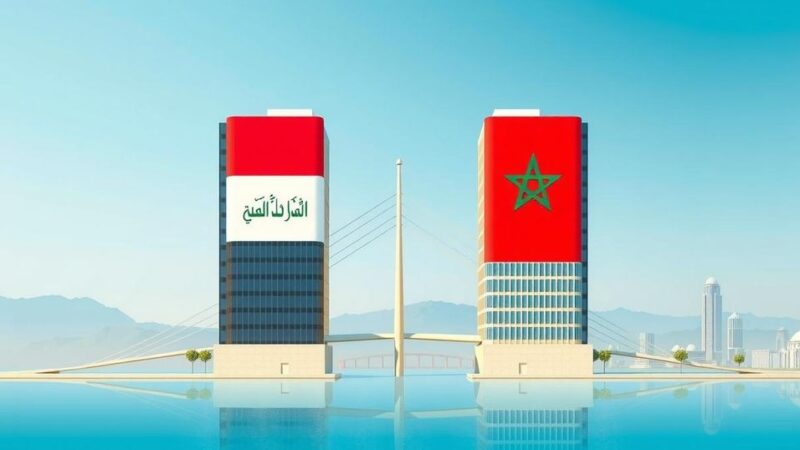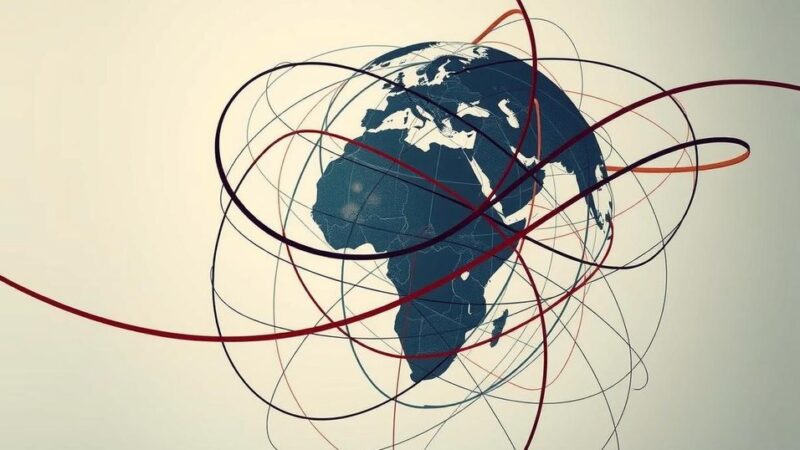Protests in Kinshasa reflect frustration over Rwanda’s alleged support of M23 rebels. UN experts claim Rwandan forces oversee M23 operations, with the conflict intensifying in Goma. Rwanda cites security threats from Hutu militias while denying allegations of aiding M23. The situation underscores the complex interplay of historical tensions, resource exploitation, and military interventions in eastern DRC.
In the Democratic Republic of Congo (DRC), protests in Kinshasa have escalated as citizens blame Rwanda for supporting M23 rebels. Tensions intensified with M23’s control of Goma, a vital city in the mineral-rich North Kivu province. The United Nations has reported that Rwandan troops are effectively overseeing M23 operations, evidenced by their training methods and advanced weaponry.
Goma, near Rwanda’s border, faced renewed violence, with citizens caught in the chaos. Basic utilities have been disrupted, and many Congolese army soldiers have fled across the border to Rwanda. Despite allegations, President Kagame has repeatedly denied supporting the rebels, although evidence mounts against his position.
Richard Moncrief, director at the International Crisis Group, points out that Rwanda’s previous denial of involvement is now coupled with justifications for military positions near the border. The Rwandan government cites ongoing conflicts and the presence of Hutu militias as credible threats, linking historical grievances to current tensions.
The M23 represents a resurgence of tensions involving the Tutsi minority, having fought previously for this group’s interests. The chaos has provided an opportunity for resources in DRC to be exploited, leading M23 to seize control of lucrative areas, including coltan mining sites.
UN experts have traced M23’s military training to Rwandan influence, with evidence of systematic recruitment, some involving forced enlistment of local youths. Despite denials from Rwanda regarding child soldiers, reports indicate a substantial military presence supporting M23’s advances.
The M23 has acquired sophisticated weapon systems, distinctly superior to those used by other armed groups in eastern DRC. The use of drones and advanced military technology has highlighted the extent of Rwandan support. Meanwhile, the UN continues to document these developments amid inadequate international intervention from regional forces.
Rwanda has expressed frustration with the DRC’s inability to act against Hutu militant groups, which compounded their military actions. Recent events suggest Rwanda is using the conflict to assert political influence in DRC, focusing on Goma to send a message about control over North Kivu.
The ongoing conflict in eastern DRC is deeply rooted in a complex history, particularly following the 1994 Rwandan genocide. Hutu extremists fled to DRC post-genocide, forming rebel groups like the FDLR, which Kagame perceives as a significant threat to Rwanda’s security. The M23 has emerged from these tensions, claiming to advocate for Tutsi interests in the region, emphasizing the intertwined nature of these historical hostilities and current military engagements. The presence of mineral resources in eastern DRC further fuels the conflict, with various armed groups vying for control over lucrative ventures. This battle for resources has been marked by military alliances, denials of support, and accusations of cross-border interventions, complicating the resolution of longstanding issues in the region.
In conclusion, the conflict in eastern DRC illustrates a multifaceted situation where historical grievances, resource competition, and regional security concerns intertwine. Evidence of Rwandan military support for M23 rebels has become increasingly difficult to deny as international observers document the escalation of violence and the burgeoning sophistication of rebel operations. Addressing the overarching issues, including the presence of Hutu militia groups in DRC, remains critical for stabilizing the region.
Original Source: www.bbc.com
